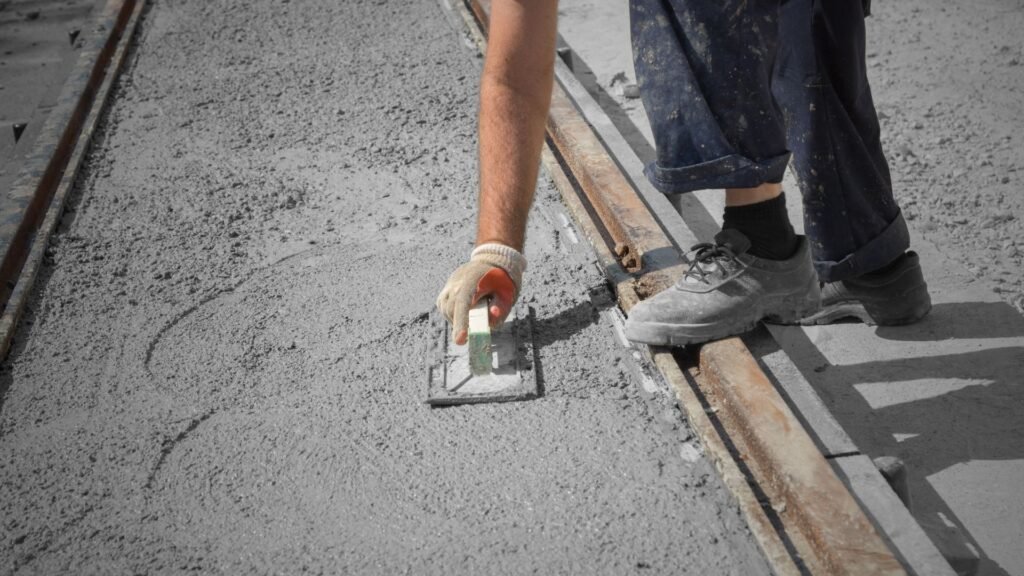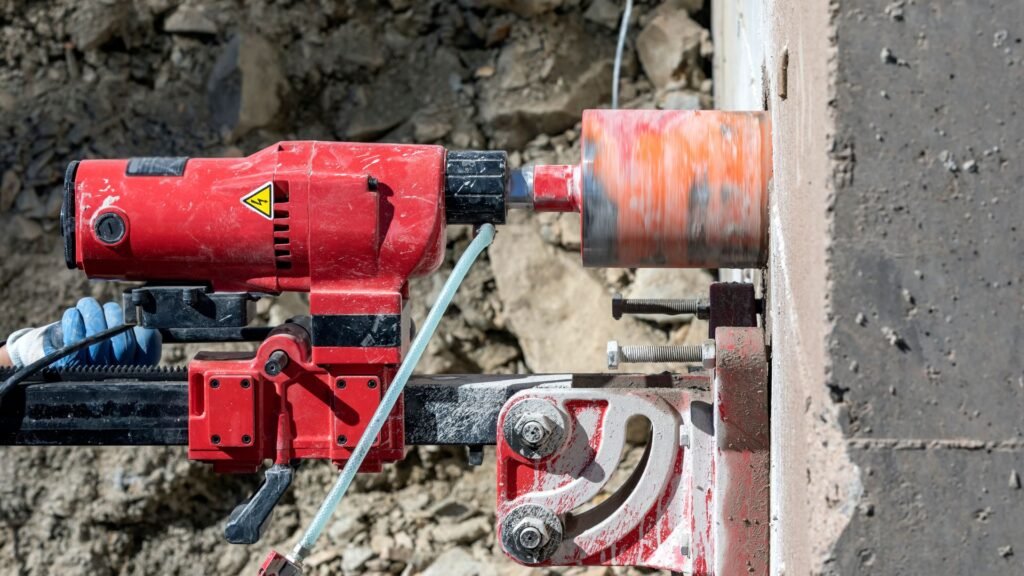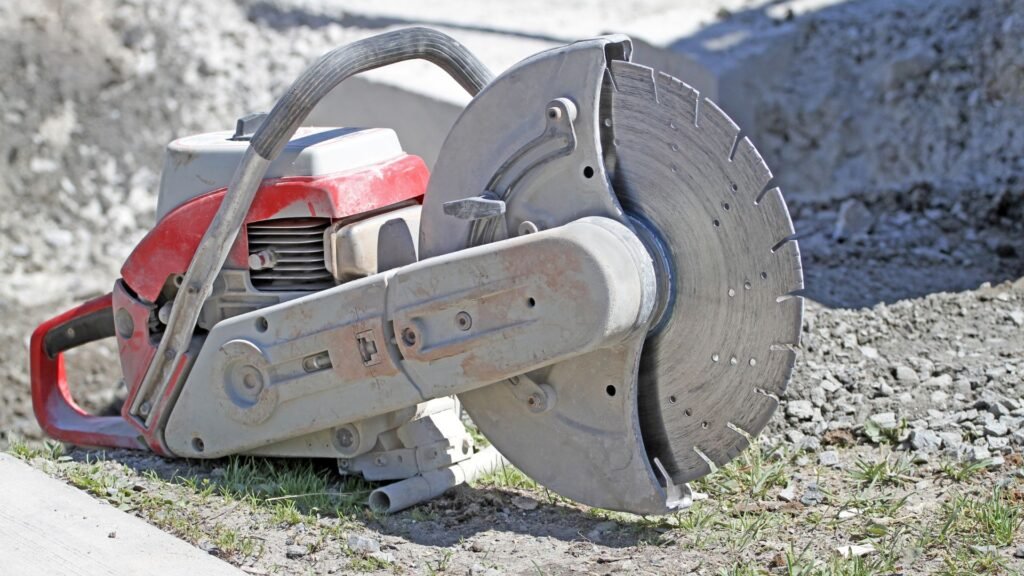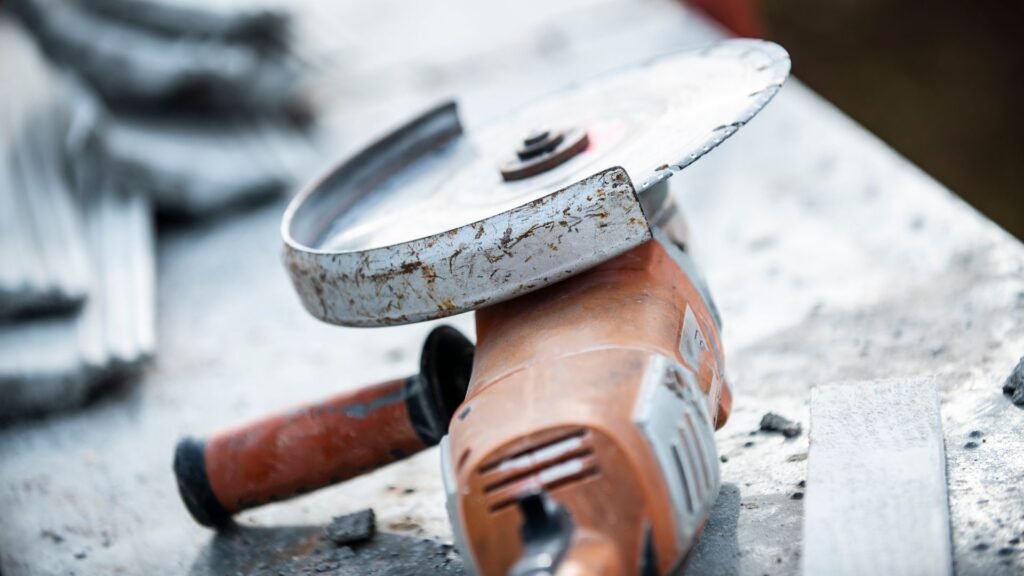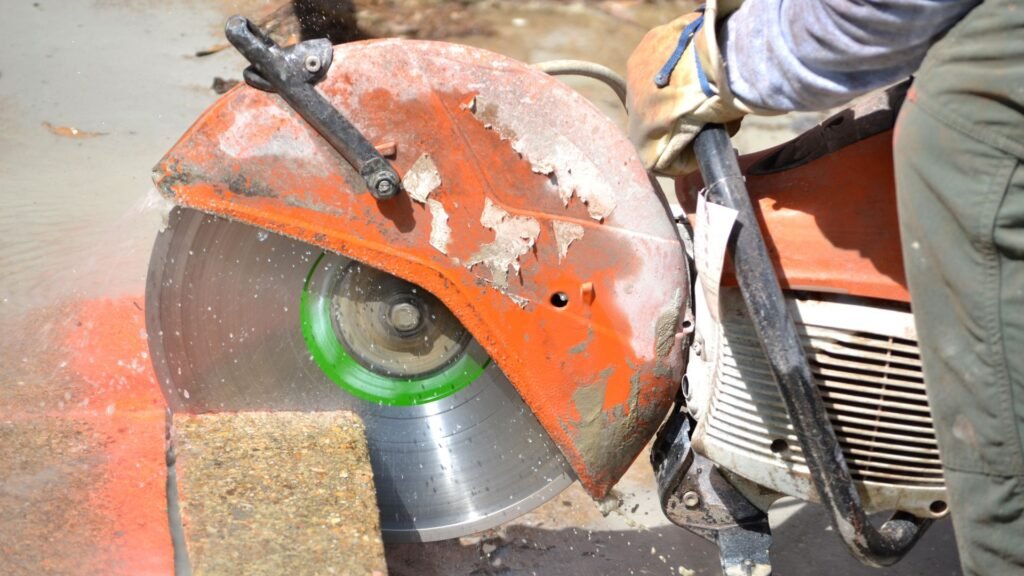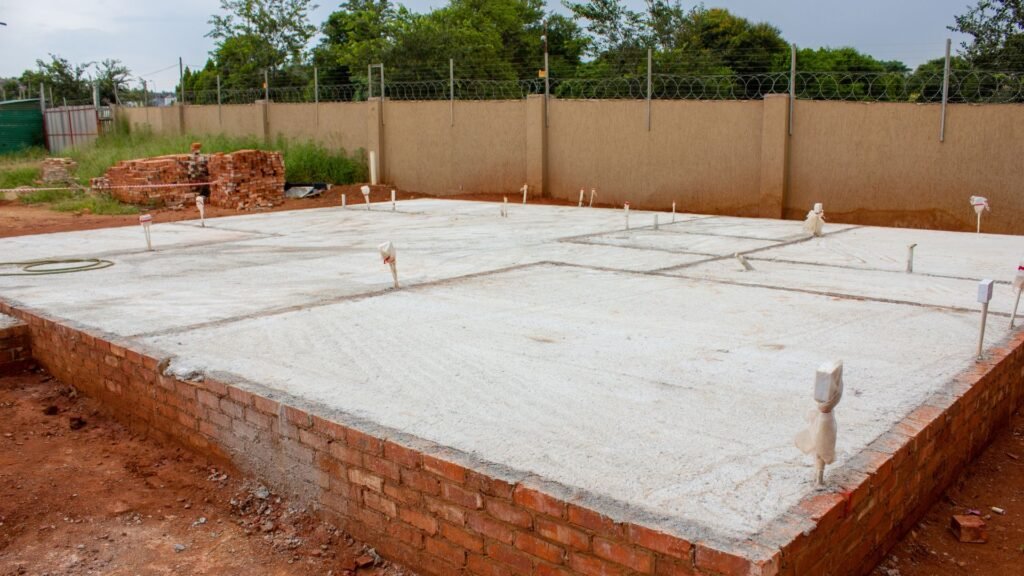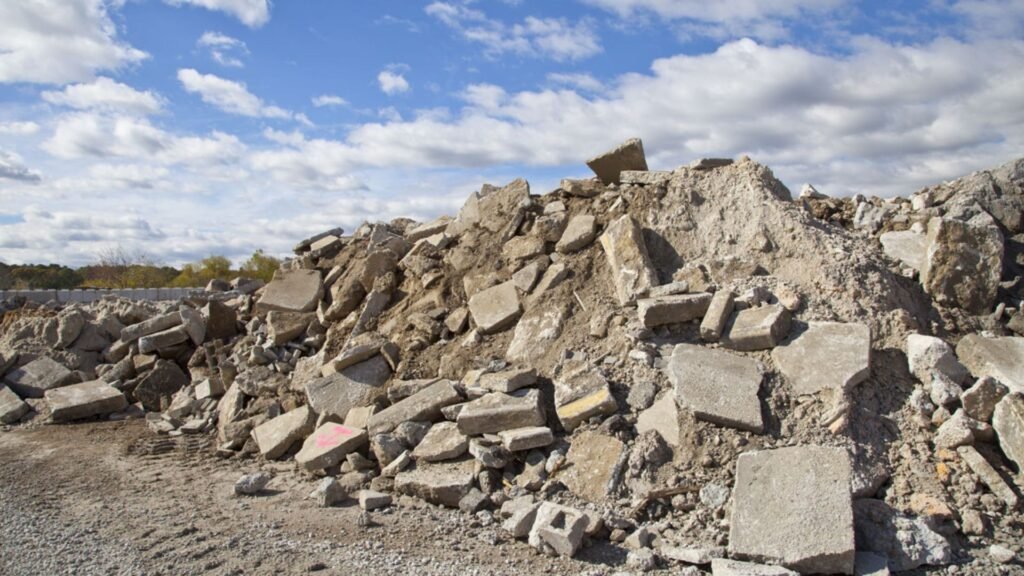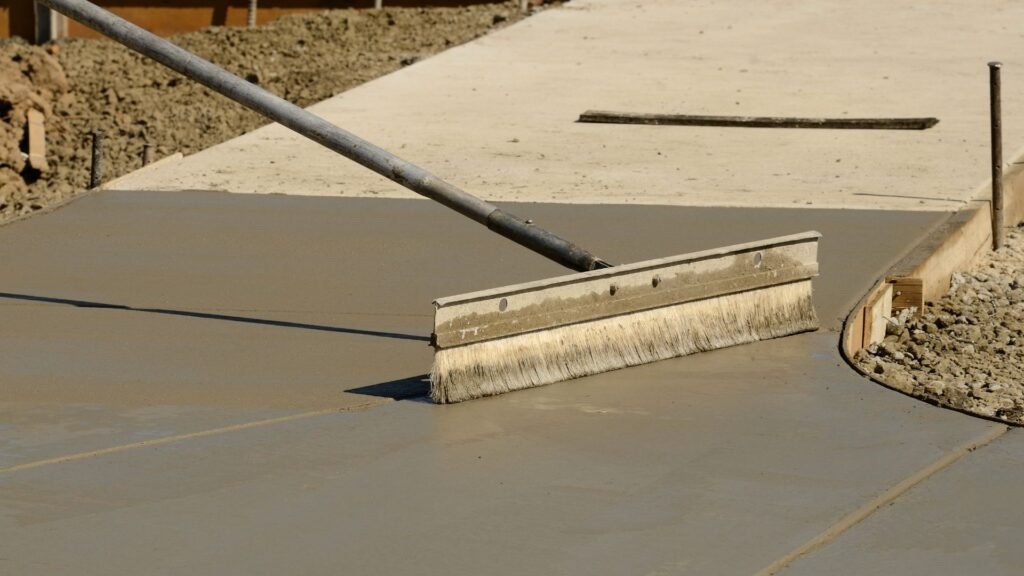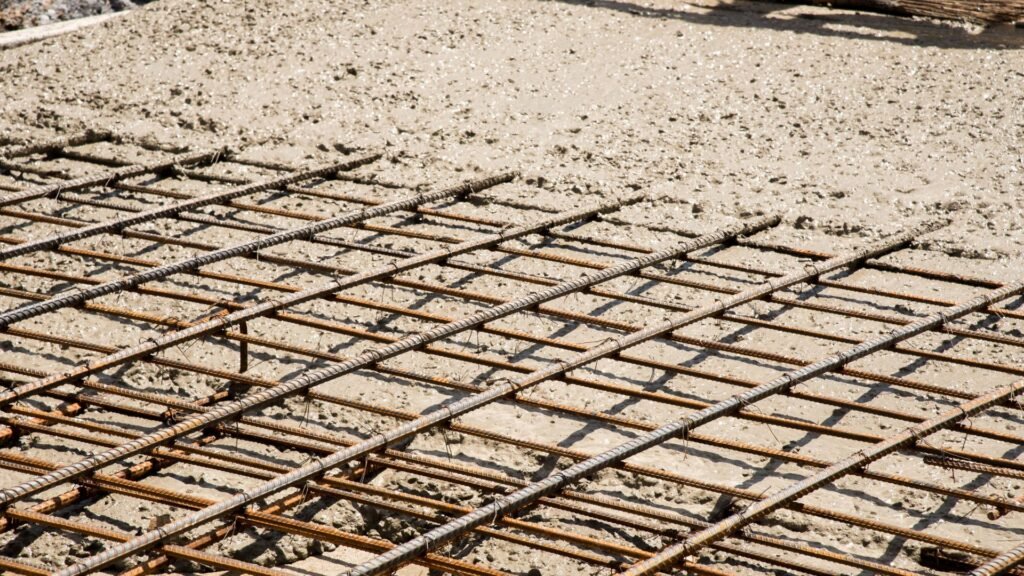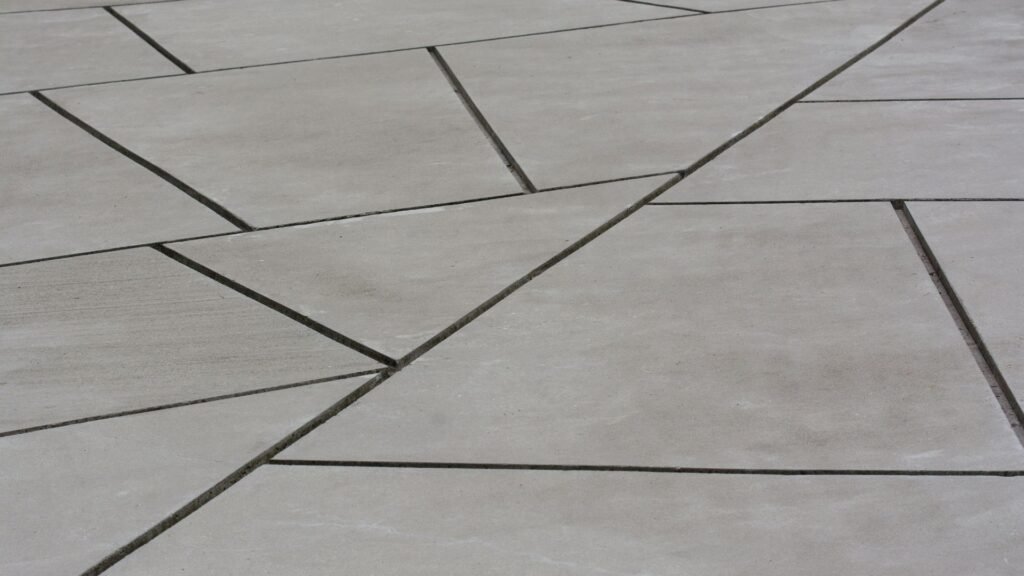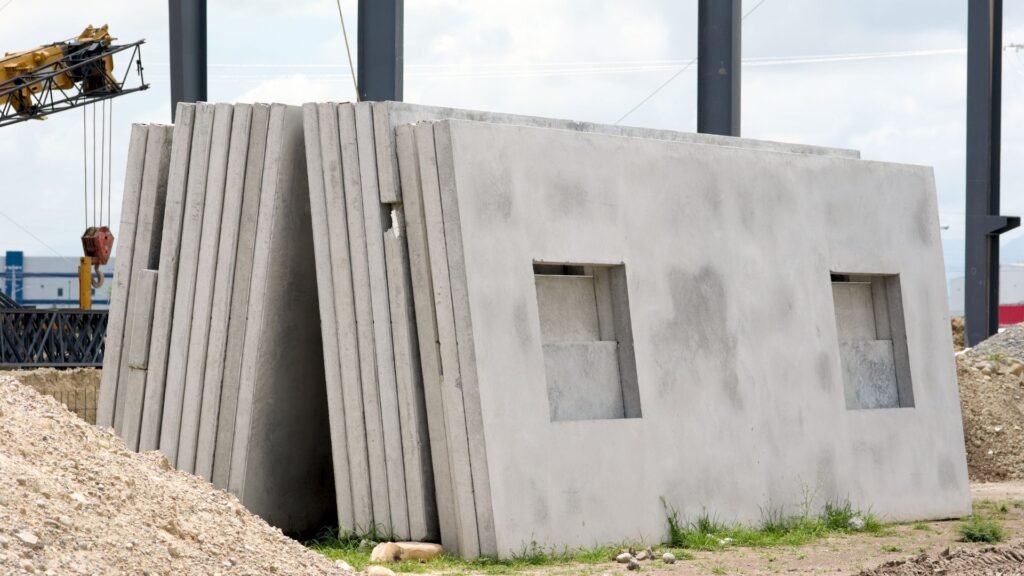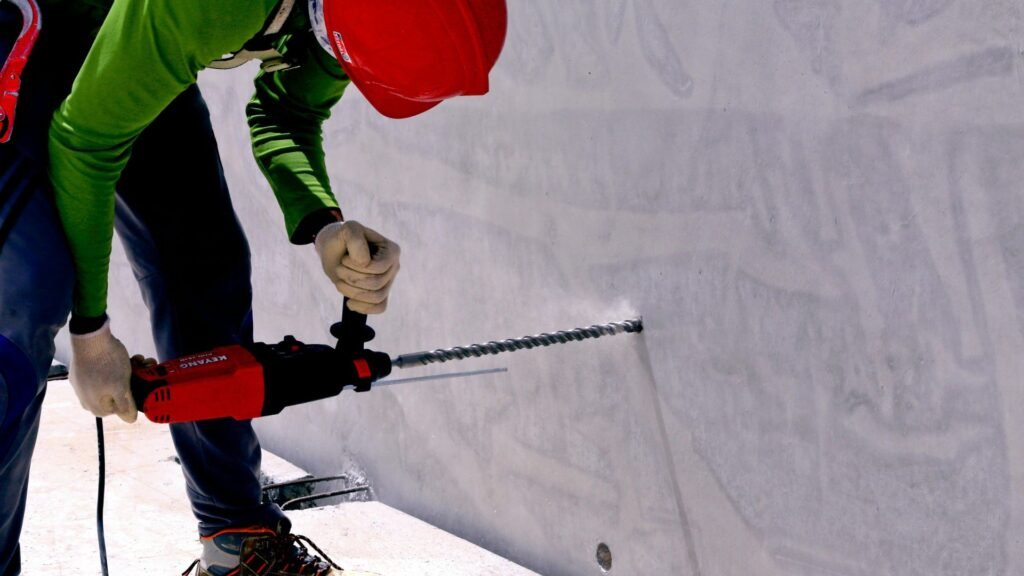Welcome to your go-to guide on understanding concrete cost per cubic metre in NZ, a topic every Kiwi homeowner, builder, or DIY enthusiast eventually faces when planning projects like driveways, patios, or house slabs. Knowing the price of concrete is more than just crunching numbers, it helps you budget accurately, avoid surprises, and make smart choices about the materials and suppliers you’ll use. While the cost of concrete can vary across New Zealand depending on location, mix type, and project size, most people want one simple answer: how much will I actually pay? In this article, we’ll break down the average price range, explore the key factors that affect costs, and give you practical tips to calculate, plan, and save on your next project, all explained in plain, easy-to-follow language.
Concrete cost per cubic metre in NZ typically ranges from NZ$250 to NZ$350, depending on the mix type, strength grade, and location. Additional charges may apply for delivery, small loads, or specialised finishes such as coloured or exposed aggregate. To estimate costs, multiply the length × width × depth of your project to calculate the volume in cubic metres, then check with local suppliers for an exact quote.
Table of Contents
What Is A Cubic Metre Of Concrete?
A cubic metre of concrete is one of the most common units used in the construction industry to measure both volume and cost. It represents a block of concrete that measures one metre in length, one metre in width, and one metre in height. Using this measurement standard allows both suppliers and customers to communicate clearly when ordering concrete for different projects.
Understanding The Measurement
When you hear the term cubic metre, it simply means the total volume of space the concrete will fill. In practical terms, it gives you a reliable way to calculate how much material is needed without confusion. This is especially important for large projects where accuracy can save both money and time.
Relatable Examples
To put this into perspective, imagine pouring a slab that is four metres long, two and a half metres wide, and ten centimetres deep. The total volume of that slab is one cubic metre. Another example would be covering a small car park space or a section of driveway with concrete at standard thickness. These everyday examples make it easier to understand what a cubic metre looks like in real life.
Why Concrete Is Sold This Way
Concrete is sold per cubic metre because it is a dense and heavy material that must be mixed in exact volumes. This pricing method keeps things consistent and makes it easier for suppliers to provide accurate quotes. It also helps customers avoid ordering too much or too little. By using a standard unit, everyone involved in the project can plan more effectively and budget with greater certainty.
Knowing what a cubic metre of concrete means gives you a clear starting point for estimating costs and planning projects. With this knowledge, you can calculate your needs more accurately, compare quotes confidently, and approach your project with a stronger sense of control.
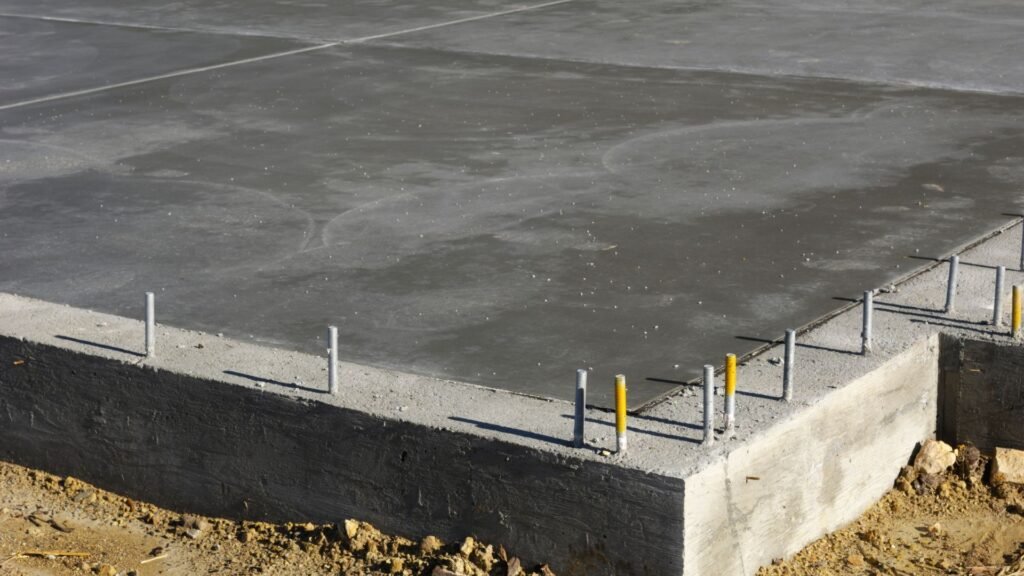
Average Concrete Cost Per Cubic Metre In NZ
When starting any concrete project, it is natural to ask: what is the average cost per cubic metre in New Zealand? While there is no single flat rate, most homeowners and builders can expect to pay between NZ$250 and NZ$350 per cubic metre for standard concrete. This figure can move higher depending on the mix strength, additives, or decorative finishes requested.
Regional Price Variations
Concrete prices differ depending on where you live. In Auckland, higher demand, labour costs, and transport factors usually place prices at the top end of the range. In Christchurch, prices can be slightly more affordable, while rural towns may experience higher costs due to limited supplier options and added delivery distances. Because of these variations, it is always worth contacting local suppliers and asking for a detailed quote.
Delivery Fees And Minimum Orders
Most concrete suppliers in NZ set minimum order requirements, commonly around 0.4 to 0.5 cubic metres. If your project requires less than this, you will likely face a small load fee to cover transport and operational costs. Delivery charges can also vary based on distance from the batching plant, accessibility of the site, and whether a standard truck or a smaller vehicle is required. These extra costs can significantly change the overall budget, especially for small-scale projects.
Example Cost Calculation
To understand how these figures translate into real-world costs, let’s look at a simple project. Suppose you want to pour a slab for a garden shed measuring 3m × 3m with a thickness of 100mm. The required volume would be about 0.9 cubic metres. At an average rate of NZ$300 per cubic metre, the concrete would cost around NZ$270. If the supplier adds a delivery fee of NZ$100 due to the small load, your total cost becomes NZ$370. This example highlights why it is important to account for both material and delivery expenses when planning.
While the average price per cubic metre provides a useful starting point, it does not tell the whole story. Regional variations, delivery policies, and order size requirements all influence the final cost. By calculating your needs carefully and comparing supplier quotes, you can avoid unexpected charges and get better value for your project.
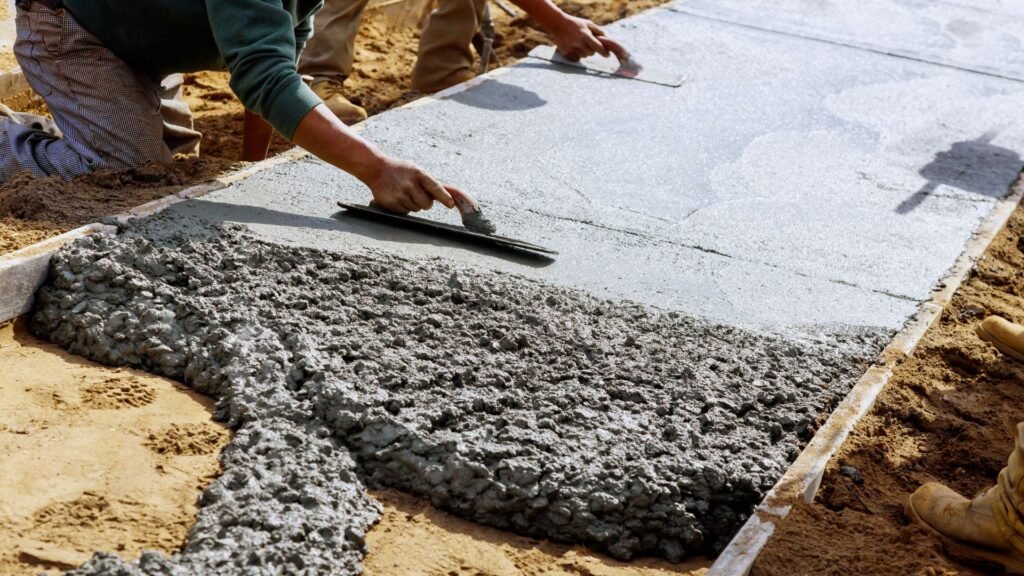
Factors That Influence Concrete Prices In NZ
When budgeting for concrete, it’s important to understand that the cost per cubic metre in New Zealand is not fixed. Several factors come into play, and knowing these will help you make smarter decisions for your project.
- Type of concrete mix: The type of mix you choose has a major effect on pricing. Standard concrete is the most common and affordable option, suitable for driveways, floors, and basic slabs. Reinforced concrete, which includes steel or mesh for added strength, is more expensive but essential for heavy-duty projects. Decorative mixes such as stamped, coloured, or exposed aggregate concrete cost even more because they require additional materials and preparation.
- Strength grade: Concrete is available in different strength grades, typically measured in megapascals (MPa). In New Zealand, common options are 20MPa, 25MPa, and 30MPa. A higher MPa rating means the concrete is stronger and more durable, making it ideal for high-load areas like foundations or industrial floors. This extra strength usually comes with a higher price per cubic metre.
- Additives and finishes: Beyond the basic mix, additives can be used to change the performance of concrete. For example, water reducers, accelerators, or retarders can improve workability and curing times. Finishes such as coloured concrete, polished surfaces, or exposed aggregate add aesthetic appeal but significantly increase overall costs.
- Transport and delivery costs: Concrete prices also depend on how far your site is from the supplier. Delivery fees vary based on distance, truck size, and the need for special equipment. If access is limited, you may need a smaller truck or a concrete pump, both of which add to the cost.
- Project size and location: Larger projects usually benefit from lower per-cubic-metre rates, while smaller projects may face minimum load charges. Location matters too, urban areas often have more suppliers and competitive rates, whereas rural areas may face higher transport costs.
- Labour costs if you hire professionals: While the raw material cost is important, labour often makes up a large part of your budget. Hiring professionals for pouring, finishing, and curing ensures quality results, but it adds to your total expenses. Labour rates can vary depending on the complexity of the job and the level of expertise required.
Understanding these factors gives you a clearer picture of why concrete costs vary in New Zealand. By considering mix type, strength, finishes, transport, project size, and labour, you can better plan your budget and avoid unexpected surprises.
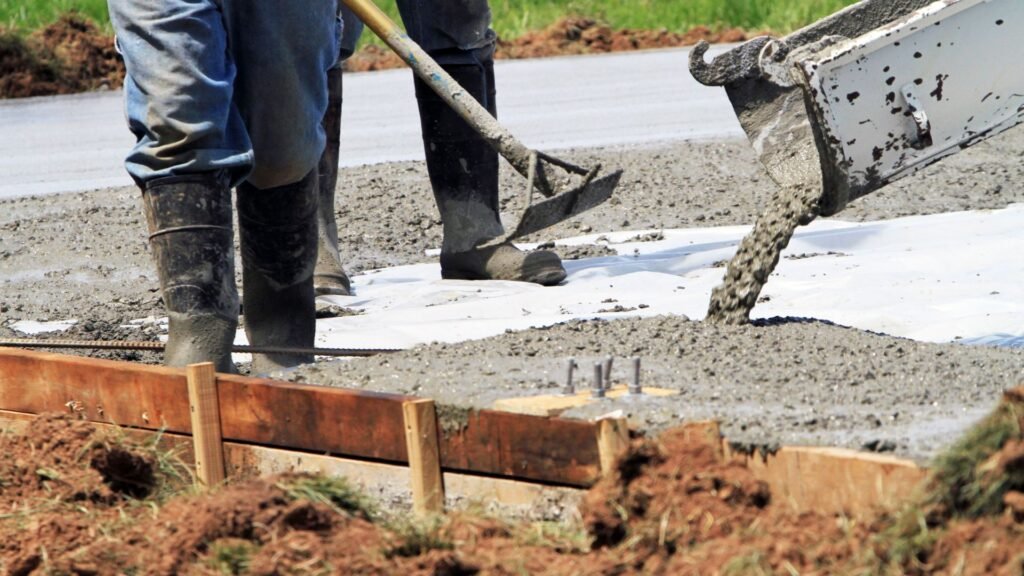
Extra Costs You Should Budget For
When planning a concrete project in New Zealand, it’s easy to focus only on the price per cubic metre. But the truth is, the final bill often includes several additional costs that can quickly add up. Being aware of these expenses will help you prepare a more accurate budget and avoid unexpected surprises.
- Site preparation (excavation, formwork): Before any concrete is poured, the site must be ready. This often involves clearing the ground, levelling the surface, and digging out soil. In many cases, you’ll also need to build formwork, which acts as a mould to hold the concrete in place. Site preparation can account for a significant portion of your costs, especially if excavation equipment is required.
- Reinforcement (steel mesh, rebar): Concrete is strong, but reinforcement is necessary for durability and long-term stability. Steel mesh or reinforcing bars (rebar) are commonly used to strengthen slabs, driveways, and foundations. While reinforcement adds to your upfront expenses, it greatly reduces the risk of cracking and structural issues over time.
- Pump hire if access is tricky: Not every site is easy for a concrete truck to reach. If your project is located at the back of a property or involves tight spaces, you may need a concrete pump. Pump hire makes delivery more efficient but does come with extra charges that vary depending on the pump size and the distance it needs to cover.
- Waste removal and clean-up: Concrete work generates waste, including leftover material, packaging, and site debris. Many contractors will charge for waste removal, and hiring a skip bin might be necessary for larger projects. Clean-up is an essential part of the process to ensure the site is safe and usable once the concrete has set.
- Sealing or curing products: After the pour, concrete requires proper curing to achieve strength and durability. Sealing products also protect the surface from stains, moisture, and wear. These finishing steps may seem minor, but they add both cost and long-term value by extending the life of your concrete.
Taking these extra costs into account will give you a realistic idea of the total investment for your project. By budgeting for more than just the concrete itself, you’ll be better prepared and avoid costly last-minute surprises.
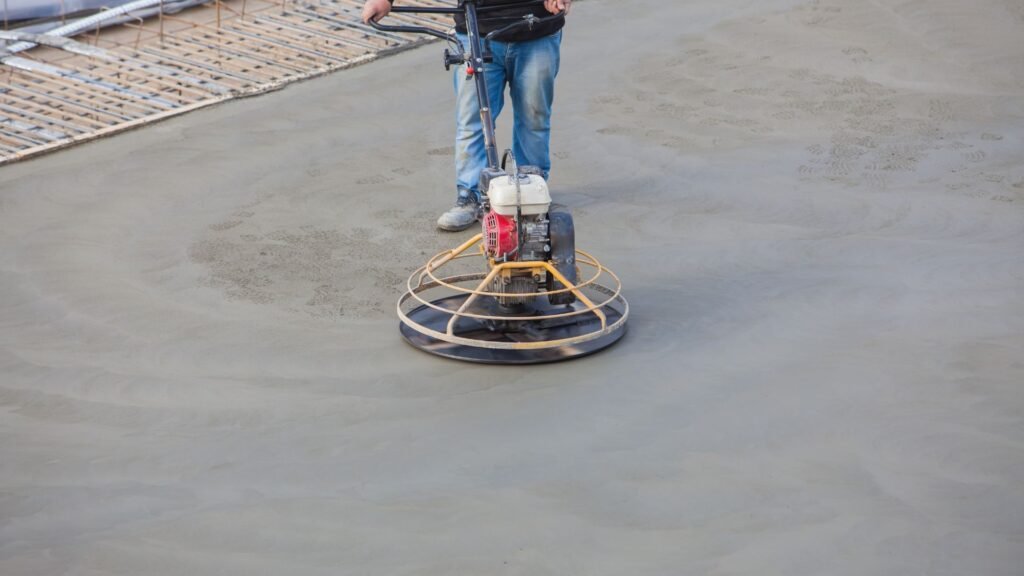
How To Calculate How Much Concrete You Need
The simplest way to work out how much concrete you need is by using the formula: length × width × depth. This method works well for most flat surfaces such as driveways, patios, footpaths, and concrete slabs. By applying this formula, you can quickly estimate the volume of concrete required and avoid both shortages and unnecessary waste.
Worked Example
Imagine you are planning to pour a small driveway section. The measurements are 4 metres long, 3 metres wide, and 100 millimetres deep (0.1 metres). Multiply 4 × 3 × 0.1, which equals 1.2 cubic metres of concrete. Since it is always best to allow a little extra to cover spillage or variations in site levels, ordering about 1.3 cubic metres would be the smart choice.
Free Online Calculators
If you would rather not calculate by hand, many New Zealand suppliers offer free online concrete calculators. You simply enter the dimensions of your project, and the tool will generate the required volume for you. Trusted companies such as Firth and Allied Concrete provide these calculators on their websites, making it easy to get precise estimates before placing an order.
Taking a few minutes to calculate properly ensures you save money, avoid stress, and keep your project on schedule.
With a simple formula, a worked example, and access to free NZ calculators, you’ll always know exactly how much concrete to order for your project.
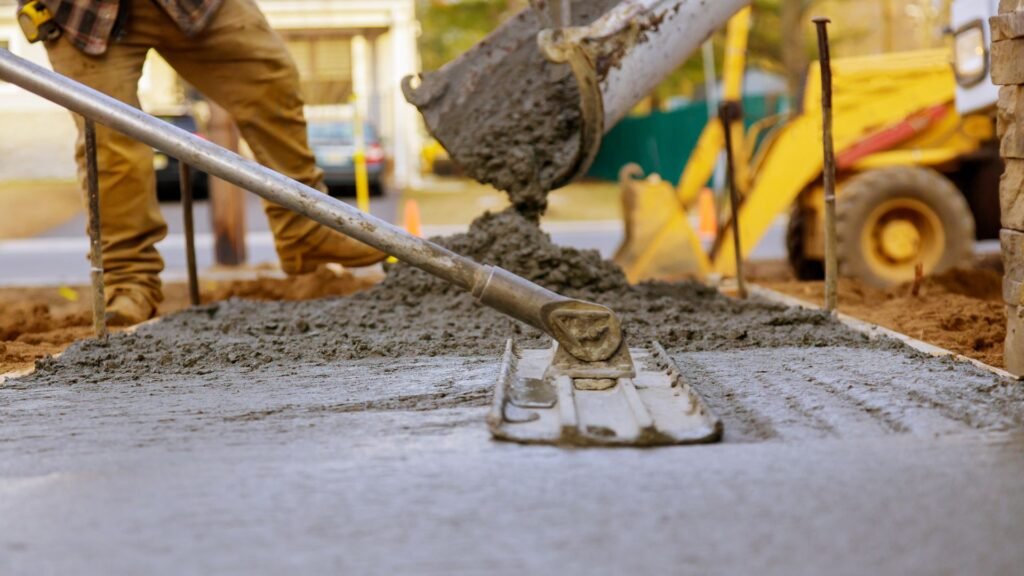
Tips For Saving Money On Concrete In NZ
Concrete is one of the biggest costs in any building or renovation project, so finding ways to save without cutting corners is important. While the price per cubic metre in New Zealand is fairly standard, the way you plan and manage your project can make a big difference to the final bill. Here are some practical tips to help you reduce costs while still getting quality results:
- Order the right amount to avoid waste: The most common mistake people make is ordering too much concrete. Once concrete is poured and set, any excess becomes waste that you still pay for. Use accurate measurements of your project’s length, width, and depth to calculate the volume in cubic metres. Double-check your numbers and, if in doubt, ask your supplier to confirm the quantity you need. Ordering precisely ensures you are not overspending on materials you cannot use.
- Compare suppliers and ask for itemized quotes: Prices vary between concrete plants and regions in New Zealand. One supplier might include delivery in their base cost, while another may charge extra for transport or small loads. Always request a detailed, itemized quote so you know exactly what you’re paying for. This makes it easier to compare suppliers on a like-for-like basis and avoid hidden charges.
- Consider scheduling pours with other projects: Concrete suppliers often have minimum order requirements. If your project is small, you might pay extra fees for not meeting the minimum load. A good way to save is to combine your chores with another job around the house or with a neighbour’s project. Coordinating pours not only helps meet minimum order sizes but also reduces waste and delivery charges.
- DIY vs hiring contractors, when it makes sense to pay for professional help: Mixing and pouring concrete yourself can save on labour costs, but it’s not always the best option. For small, simple jobs like garden paths or small pads, DIY can be a practical choice. But for larger projects such as driveways or slabs, hiring professionals ensures the job is done correctly and prevents costly mistakes like uneven finishes, cracks, or wasted material. Sometimes paying for skilled labour upfront can save more money in the long run by avoiding repairs or rework.
Taking the time to plan your project carefully, shop around for the best deals, and know when to handle tasks yourself versus calling in professionals can make a significant difference to your concrete costs. By following these money-saving strategies, you can complete your project on budget without sacrificing quality.
Ready to start your project? Get expert advice and trusted local support. Visit our homepage to explore how we can help you plan and save on your concrete needs.
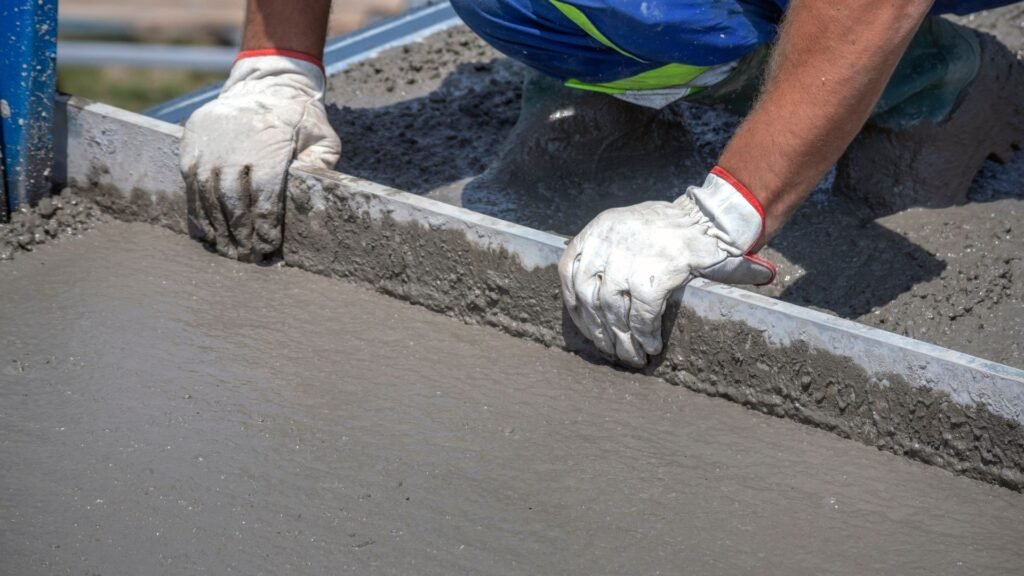
FAQs: About Concrete Cost Per Cubic Metre In NZ
What is the average cost of concrete per cubic metre in New Zealand?
The average cost of concrete in New Zealand ranges from NZ$250 to NZ$350 per cubic metre. Prices vary depending on the mix type, strength grade, delivery charges, and location.
Why is concrete priced per cubic metre?
Concrete is sold per cubic metre because it is a bulk material. This measurement makes it easier for suppliers and customers to calculate how much is needed for different projects.
Does the price of concrete change depending on the region in NZ?
Yes, regional differences can affect pricing. For example, concrete in Auckland may cost more than in smaller towns due to higher demand, transport costs, and supplier rates.
What factors can increase the cost of concrete per cubic metre?
The main factors include the type of concrete mix, strength grade (MPa), additives, distance from the plant, delivery fees, and whether decorative finishes like coloured or exposed aggregate are added.
What is the minimum amount of concrete I can order?
Most suppliers in New Zealand have a minimum order size, often around 0.4 to 0.5 cubic metres. Smaller orders may incur extra fees to cover delivery costs.
How do I calculate how much concrete I need for a project?
Multiply the length × width × depth of your project area. For example, a 4m × 3m slab at 0.1m depth equals 1.2 cubic metres of concrete.
Is it cheaper to mix my own concrete instead of buying ready-mix?
Mixing your own may save money on very small projects, but for larger jobs, ready-mix concrete is more consistent, convenient, and often more cost-effective once labour and time are factored in.
Does decorative concrete cost more in NZ?
Yes, decorative finishes like coloured, stamped, or exposed aggregate concrete typically cost more than standard grey concrete. The price can be NZ$100–$150 higher per cubic metre depending on the finish.
What extra costs should I budget for besides the concrete itself?
You should factor in site preparation, reinforcement materials, labour, pump hire (if access is limited), sealing, and waste disposal. These can add significantly to the overall budget.
Can weather affect the cost or delivery of concrete?
Yes, extreme weather can delay deliveries or increase costs if extra additives are required to set properly. Wet conditions can also require more site preparation, which adds to expenses.
Conclusion
Concrete cost per cubic metre in NZ is not a fixed figure, it varies based on the type of mix you choose, the strength required, the location of your project, and the additional details such as finishes, delivery, and labour. Careful planning and smart budgeting are essential if you want to avoid unexpected expenses, especially for larger projects like driveways, patios, or house slabs. The best way to get an accurate idea of what you will spend is to request quotes from multiple local suppliers, as prices often differ between regions and providers. Taking the time to compare options will not only give you a clearer picture of total costs but also help you choose the right supplier for quality and reliability. Whether it’s a new driveway or a backyard patio, understanding costs upfront will save you both time and money, ensuring your project runs smoothly from start to finish.

